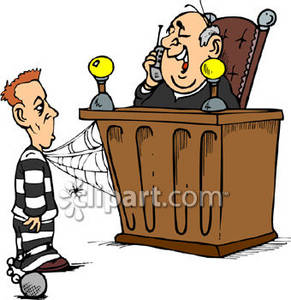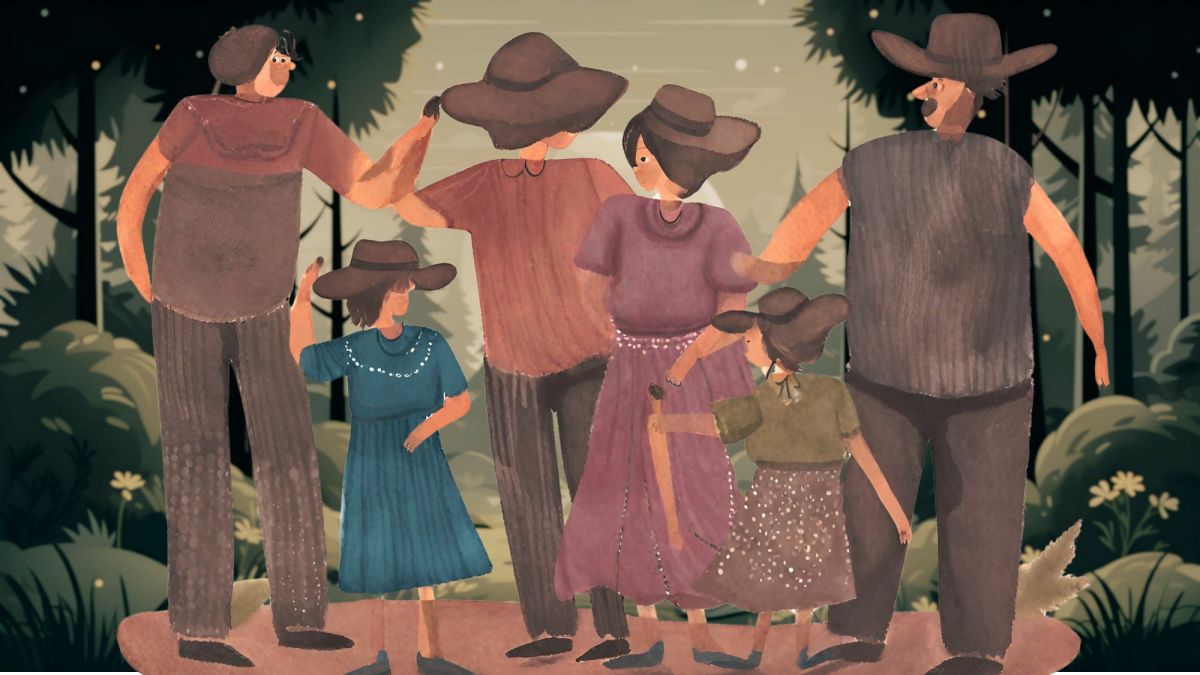Crime, Punishment, and Rehabilitation

by Amber Maccione
In response to a question: Some experts argue that people have been punished as an attempt to change conduct and deter crimes for thousands of years, with very little success; crime still continues to be prevalent in modern societies. Do you agree that we need a new paradigm for sentencing?
Some Thoughts
First off, I believe that all men’s hearts are deceitfully wicked due to the fall in the Garden of Eden (Biblical worldview). With that being said, crime will always be an issue no matter what methods we choose to use.
Second, as I have said in previous discussions, all people are different in that they came from different environments and obstacles as well as have different learning styles and personalities. One method is not going to work for everyone.
With that said, I think that our whole justice system needs a new way of looking at things. When things start to fail us and not work so well as they might have done in the past, it is time for revision. Right now in Florida, our school system is going through a lot of changes. Some are good and some I would disagree with; but the reason behind all of these changes and politics are people who see that the old system is not working with today’s children. Times have changed and the school system now has to change with it in order to teach children and reach them so they can be successful. For example, in the “older” days, chalkboards and textbooks with the common lecture and hands on labs worked. But today, technology has taken over and our children rely so much on that. Most classrooms are now equipping themselves with technology to make learning more interactive and administration is requiring our teachers to teach differentially so that all children learn. The same goes with our justice system. Punishment used to work, but now it is not so much of a deterrent. Sure, for some who may only get in trouble once in their life punishment would be. But for the career criminal, punishment no longer is because it is all some know. As I said before, environment is different for a lot of people. For people that grow up in an environment that fosters crime, punishment will not be a deterrent. They need help to break the cycle that has been engrained in them. The only way to break a cycle is to remove a person from that environment and change their way of thinking. The answer then would not be punishment but rehabilitation.
So what should this new system look like?
Step 1: When a person is arrested/tried/convicted
When a person has gone through investigation and/or been arrested there should be a process of finding out about this person’s background and the reason behind why he committed the offense. Every jail should have psychologists who interview that person to get a better understanding of the person and what might be the best way to help them.
Step 2: Sentencing
Based on the psychologist’s report, the judge should give the sentence. Punishment is good as it gives justice to the victim, so that should still play a part. But the other goal of our justice system is to prevent this person from committing more crimes. So the sentence should also have a time for rehabilitation: helping them get out of the environment that placed them in the system and a program that will help them learn a new way of thinking.
Step 3: Doing Time/Rehabilitation
When a judge gives the punishment, that person should have to serve the whole time. We need to stop rewarding people for good behavior by reducing their time. When we ground our kids, do we tell Johnny that he can get off being grounded early because he has been good while being grounded? No, that is silly because being grounded has kept him from being able to break another rule. We make sure Johnny follows the rules within being grounded for the whole period we said he was grounded for. The same concept should be upheld in our justice system. Just because a person behind bars can be “good” doesn’t mean that they shouldn’t still pay their time to the victim. We need to stop rewarding and keep people accountable. Then after the time spent, they need to do rehabilitation. Punishment does not change a person’s way of thinking and it definitely doesn’t put a person in a better environment when they get out. When you get out, you have nothing. You are probably worse off financially than when you went in. Rehabilitation will look differently for every person. It all just depends on that person’s needs, which should have been established during sentencing so that rehabilitation is part of the sentencing: two parts – the punishment part and then the rehabilitation part.
Something to Ponder
Also, not everyone needs to do “hard time”. Fines, probation, house arrest, or community service could be their punishment in lieu of prison/jail time. Again, it all depends on the individual.
One proverb that helps with understanding what needs to be done is this: As a dog returns to vomit, so a fool repeats his folly. It is time to teach the fools of our community the wisdom behind living.
Copyright © 2012 http://ambercita04.hubpages.com/
Crime, Punishment, & Rehabilitation

Understanding a Person's Environment









